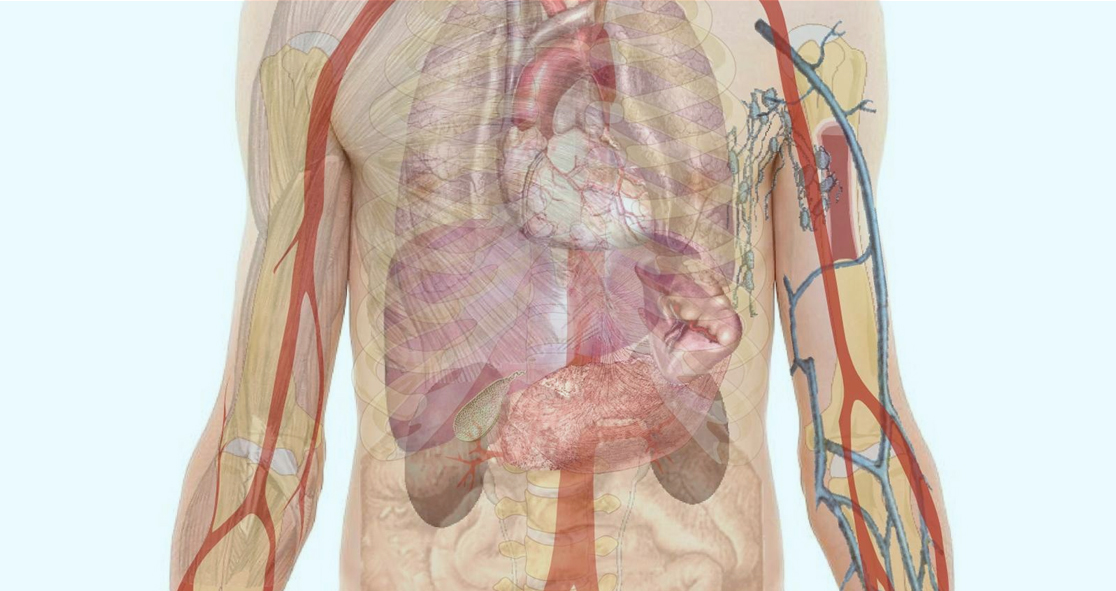A new study has discovered how humans can activate brown fat, which could further help treat obesity and type 2 diabetes.
Researchers from Centre de recherche du Centre Hospitalier Universitaire de Sherbrooke (CRCHUS) and the Novo Nordisk Foundation Center for Basic Metabolic Research (CBMR) at the University of Copenhagen conducted the study.
The study was published Wednesday in the journal Cell Metabolism.
Thermogenesis is a process in which brown fat burns energy and generates heat after getting activated by chemical signals or cold temperatures.
Humans are known to have small deposits of brown fat, and researchers opine that findings ways to pharmacologically activate this fat could improve metabolism.
The study researchers have discovered that human brown fat cells contain beta2-adrenergic receptors (b2-AR) that are responsible for stimulating thermogenesis.
Dr. Denis Blondin from CRCHUS said the finding could explain why most human trials have performed poorly.
“We show that perhaps we were aiming for the wrong target all along,” he said. “In contrast to rodents, human BAT is activated through the stimulation of the beta2-adrenergic receptor, the same receptor responsible for the release of fat from our white adipose tissue.”
Prof. Camilla Schéele of CBMR said the study finding has clear therapeutic applications.
“Activation of brown fat burns calories improves insulin sensitivity and even affects appetite regulation,” Prof. Schéele said. “Our data reveals a previously unknown key to unlocking these functions in humans, which would potentially be of great gain for people living with obesity or type 2 diabetes.”
The team is expected to conduct a second phase of the research in the autumn in order to validate the finding by activating human brown fat with drugs that target b2-AR.
Prof. André Carpentier from CRCHUS said, “Our next step will be to use a drug that specifically activates that target on brown fat and determine how much it could be of use to burn fat and calories in humans.”
“Once this is done, studies in patients with type 2 diabetes will start to determine if this approach can be useful to improve the metabolic control of the disease,” he added. The article appeared on Medical Xpress.





















